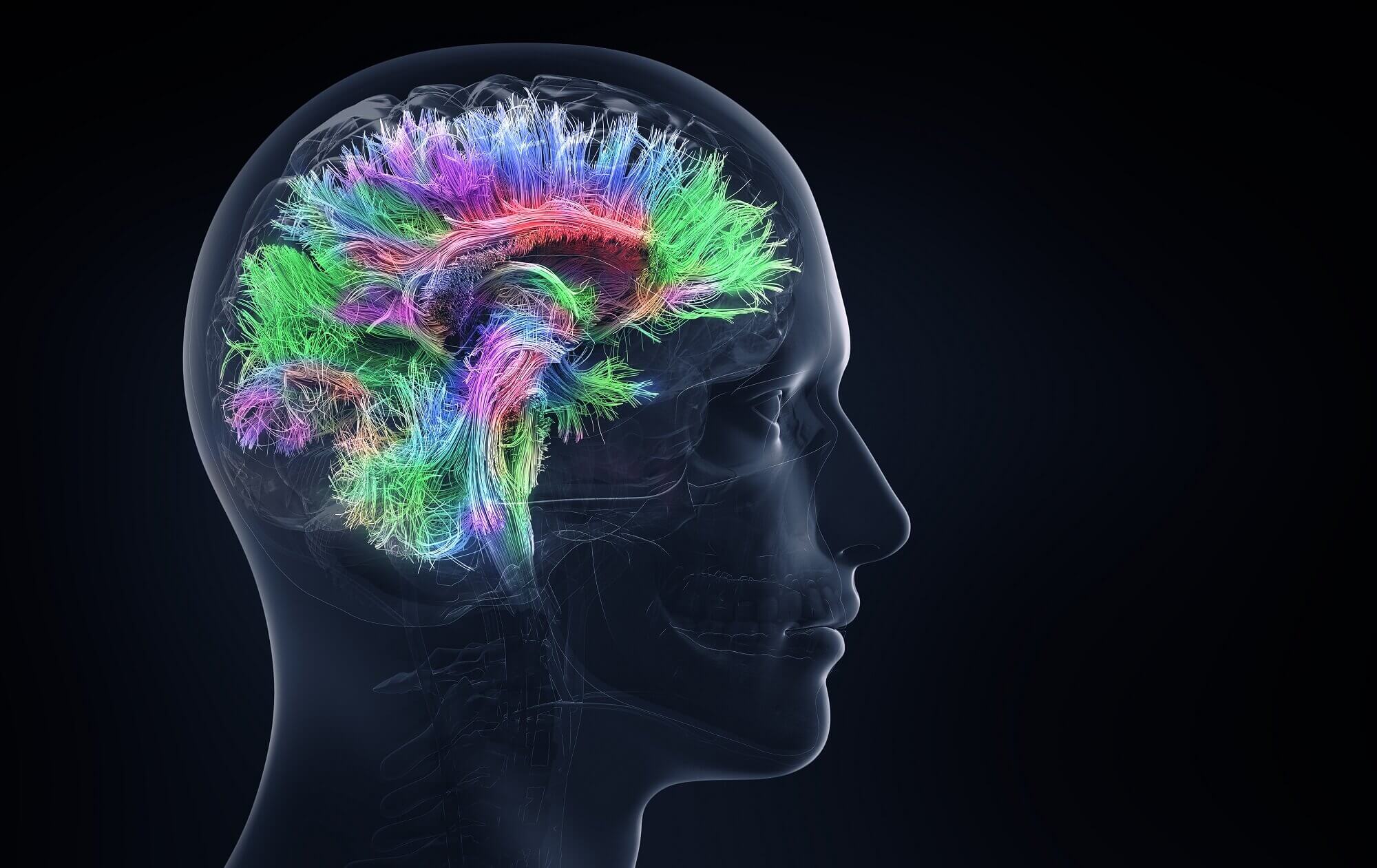Psilocybin and Neuroplasticity: Unlocking the Brain’s Adaptive Potential
Psilocybin, the active compound in psychedelic mushrooms, has captured widespread scientific interest for its potential to induce neuroplasticity—a fundamental process underlying the brain’s ability to adapt, learn, and recover. Emerging research sheds light on how psilocybin can promote structural and functional changes in the brain, offering hope for innovative treatments for mental health conditions such as depression, anxiety, and PTSD. This blog delves into the fascinating relationship between psilocybin and neuroplasticity, exploring its mechanisms and therapeutic implications.
What Is Neuroplasticity?
Neuroplasticity is the brain’s remarkable ability to reorganize itself by forming, modifying, or strengthening neural connections in response to experiences, learning, or injury. It underpins cognitive development, memory, and recovery from neurological damage. Impairments in neuroplasticity are linked to various mental health conditions, including depression and PTSD, making it a critical target for therapeutic intervention.
Psychedelics like psilocybin have shown great promise in enhancing neuroplasticity, potentially offering new pathways for healing and growth in the brain.
How Psilocybin Works: Mechanisms of Neuroplasticity
Serotonin Receptor Activation and Glutamate Signaling
Psilocybin interacts predominantly with serotonin receptors, particularly the 5-HT2A receptor, located in the brain’s prefrontal cortex (PFC). This activation triggers a cascade of neurochemical processes, including increased glutamate signaling, a neurotransmitter essential for synaptic plasticity. Enhanced glutamate activity facilitates the formation and remodeling of synapses, the connections between neurons, fostering improved learning and memory functions.
Key Insights from Research on Psilocybin-Induced Neuroplasticity
- Dendritic Growth and Synaptic Density
- A groundbreaking study published in Nature revealed that psilocybin stimulates dendritic spine growth in cortical neurons. Dendritic spines are small protrusions on neurons that play a key role in synaptic connectivity. In rodent models, a single dose of psilocybin led to a 10% increase in dendritic spine density within 24 hours, with effects persisting for over a month (read the study here).
- Brain Connectivity and Depression Relief
- Clinical trials have demonstrated psilocybin’s capacity to “rewire” the brain by altering connectivity between neural networks. Notably, patients with treatment-resistant depression experienced reduced connectivity in the default mode network (DMN)—associated with rumination and self-referential thinking—and increased connections across other regions, correlating with symptom relief (see the UCSF study).
- Rapid Gene Expression Changes
- Psilocybin promotes the expression of genes associated with neuroplasticity, such as BDNF (Brain-Derived Neurotrophic Factor), within hours of administration. BDNF supports neuron growth, survival, and synaptic remodeling, making it a key player in neuroplastic changes related to mood and cognition (learn more here).
- Disrupting Default Patterns
- Psilocybin disrupts entrenched brain activity patterns, particularly in the DMN, by causing neural network desynchronization. This temporary disorganization allows the brain to explore new pathways and connections, enhancing adaptability and reducing maladaptive cognitive loops (NPR coverage).
Mental Health Implications: A New Era in Psychiatry?
The potential of psilocybin to enhance neuroplasticity marks a transformative shift in the treatment of mental health disorders, especially those resistant to traditional therapies. Disorders such as major depressive disorder (MDD), post-traumatic stress disorder (PTSD), obsessive-compulsive disorder (OCD), and addiction are often linked to rigid or maladaptive neural pathways. By promoting the brain’s capacity to adapt and reorganize, psilocybin offers an innovative approach to addressing these deeply rooted patterns.
Major Depressive Disorder (MDD) and Treatment-Resistant Depression
Depression, particularly in its treatment-resistant forms, is characterized by persistent negative thought patterns and reduced brain connectivity. Studies have shown that psilocybin can significantly alleviate depressive symptoms by fostering changes in brain connectivity, particularly within the default mode network (DMN). This network, often hyperactive in depression, is associated with self-referential thinking and rumination.
A study at UCSF revealed that patients treated with psilocybin exhibited a reduction in DMN connectivity and increased integration with other brain regions. These changes correlated with long-term improvements in mood and cognition, even weeks or months after treatment. Unlike traditional antidepressants, which often require daily dosing, psilocybin’s effects may persist after just one or two sessions, making it a potentially revolutionary intervention.
PTSD and Trauma Recovery
Post-traumatic stress disorder involves the overactivation of neural circuits associated with fear and memory consolidation. Psilocybin’s ability to disrupt these entrenched pathways while encouraging the formation of new connections may provide relief for individuals trapped in cycles of fear and hypervigilance. By promoting neuroplasticity, psilocybin could help patients process traumatic memories in healthier ways during therapy, creating opportunities for emotional healing and resilience.
Addiction and Behavioral Disorders
Addictive behaviors, whether related to substances or compulsive actions, often arise from rigid neural pathways and maladaptive reward circuits. Psilocybin therapy, combined with behavioral interventions, has shown promise in helping individuals break free from these patterns. For example, a study on smoking cessation demonstrated that psilocybin-assisted therapy led to significantly higher quit rates compared to standard treatments, with effects lasting for months.
By enhancing neuroplasticity, psilocybin helps “reset” these reward systems, providing individuals with a fresh perspective and the ability to form healthier habits.
Anxiety and Existential Distress
Psilocybin has also demonstrated potential in alleviating anxiety, particularly in individuals facing existential distress, such as those with terminal illnesses. In clinical settings, psilocybin-assisted therapy has led to profound reductions in anxiety and improvements in quality of life. Researchers attribute these effects to psilocybin’s ability to foster feelings of interconnectedness, awe, and acceptance, facilitated by the restructuring of neural circuits involved in emotional regulation.
Bridging Psychedelics and Traditional Therapy
Psilocybin’s neuroplastic effects are particularly potent when paired with therapeutic interventions such as cognitive-behavioral therapy (CBT) or trauma-focused therapy. The increased plasticity creates a window of opportunity in which the brain is more receptive to new ideas, behaviors, and coping strategies. Therapists can use this period to help patients form healthier thought patterns and behaviors, potentially amplifying the effectiveness of traditional modalities.
The Path Ahead
While the results are promising, integrating psilocybin into mainstream psychiatric care requires addressing several challenges. Regulatory hurdles, the need for trained facilitators, and concerns about the misuse of psychedelics must be carefully managed. However, organizations like MAPS (Multidisciplinary Association for Psychedelic Studies) and leading institutions like Johns Hopkins Center for Psychedelic Research are working to establish rigorous protocols and safety standards to pave the way for its widespread adoption.
By promoting brain plasticity and disrupting maladaptive neural patterns, psilocybin represents a groundbreaking development in mental health care. It offers not only symptom relief but also the potential for profound personal transformation, giving hope to millions worldwide. As research progresses, psilocybin’s place in psychiatry may grow to redefine how we approach and treat mental illness.
Conclusion: Unlocking the Brain’s Potential with Psilocybin
Psilocybin’s capacity to promote neuroplasticity offers a compelling explanation for its therapeutic effects. By reshaping neural networks, enhancing synaptic connectivity, and upregulating key neuroplasticity genes, it holds the promise of lasting recovery for individuals struggling with mental health disorders. As ongoing research continues to uncover the mechanisms and applications of psilocybin, we move closer to integrating this ancient compound into modern psychiatric care.



